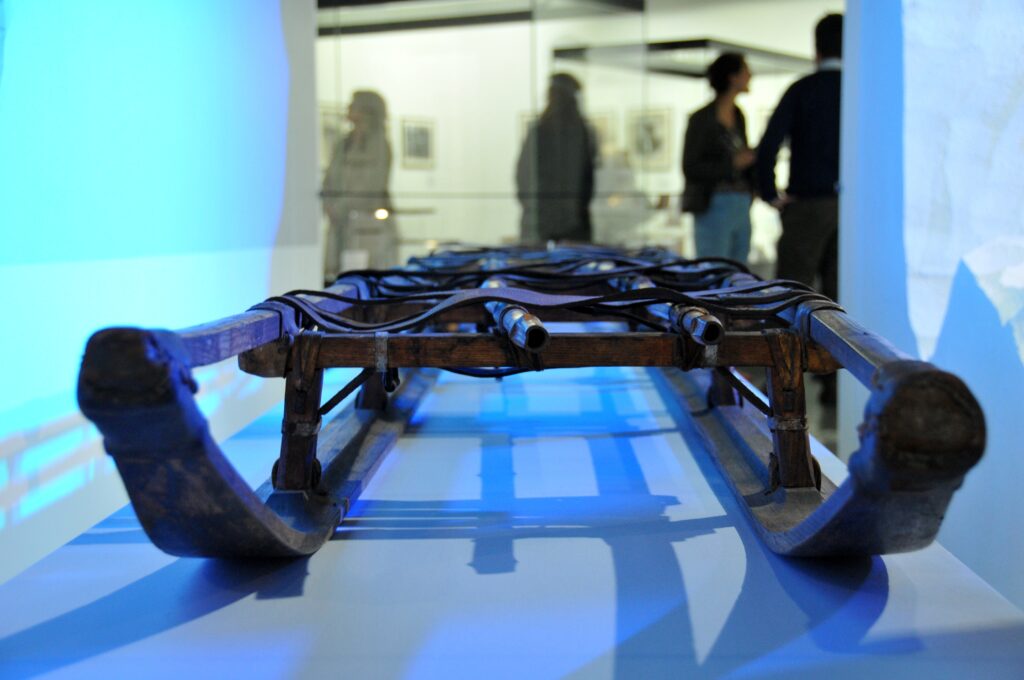It’s incredible to witness the creativity, good will, and desire to work together in the museum sector. At the start of 2024, this article is aimed at exploring insurance issues that may arise when museums work together with other organisations on short term projects, longer pieces of collaborative work, as well as one-off events.

Types of Projects
First, it’s worth pointing out that sometimes museums partner with just one organisation for a specific piece work, maybe some sort of community project, or with one other museum or gallery in the locality to do outreach work together, e.g. for schools or groups that do not access the arts as much as others do.
At other times there are multiple partners involved. I have noticed greater co-operation in large-scale city-wide projects that may be awarded grant funding, and where several museums and other bodies work together, and all have some involvement and thereby benefit from the project.
Add into the mix that sometimes these differing projects, but especially those with more than two partners, enter into contractual agreements with other third parties, maybe to hire buildings or provide facilities. So, there is a multi-layered picture that needs to be thought about when it comes to insurance.

Who is In Charge?
With insurance it can be helpful to think about who oversees a piece of work or a project. For instance, if a staff member or volunteer was to be injured or suffer loss whilst carrying out the duties of a project, which organisation were they working for? Where will the Employers Liability claim fall? This is the type of question that should be tackled when a project is in planning phase.
It could be argued that staff and volunteers of both/all organisations are equally involved in a task, but at other times it will be more of a case that one organisation is taking a lead and staff and volunteers from another organisation join in with that work. It’s best that you decide whether such staff and volunteers are working for just one organisation in the activity being undertaken, or whether they remain under the supervision of their own organisation. Either way it’s wise to declare the facts of the matter to your insurers.

Likewise, a large city-wide project with multiple players involved may present wider considerations If a member of the public was injured, against which organisation would a Public Liability claim be brought? Having helped a good number of organisations think through these questions, it’s normally best if one organisation can lead the project overall and take responsibility for what happens, e.g. training and guidance, risk assessments etc, supervision of what is happening. In such a scenario, staff and volunteers of the other organisations are at that point working for the “lead” organisation in carrying out the project.
But it’s not always so easy!
An Alternative
Sometimes working out which organisation is in charge is tricky, and there can be a different insurance solution if desired. If the event or project has a formal committee or group of leaders, then in such cases it’s easier for them to take out a single “event” policy that covers liabilities and potentially other elements of cover as well like project equipment or contents relating to the event.
Wider Liability Issues
It’s worth adding in that if any group of organisations enter in to contracts with third parties that it’s wise to seek legal advice, and certainly if any joint financing of projects takes place that you seek financial advice from your accountants. Also, if the projects are delivering any professional services (whether charged for or not) then ensuring your professional indemnity insurers are aware will give you more protection than if you just assume all is ok.

Not the Last Word
I have only scratched the surface of this important area of collaborative working. The quick take away points to consider are:
- Build insurance matters into project planning.
- Declare projects early to insurers.
- Consider which organisation might lead a project overall.
- Decide if an event policy is a good alternative.
And Finally
Do get in touch if you feel you want more advice, and even a review of your wider insurance programme.
Martin Howard Cert CII
Account Executive








